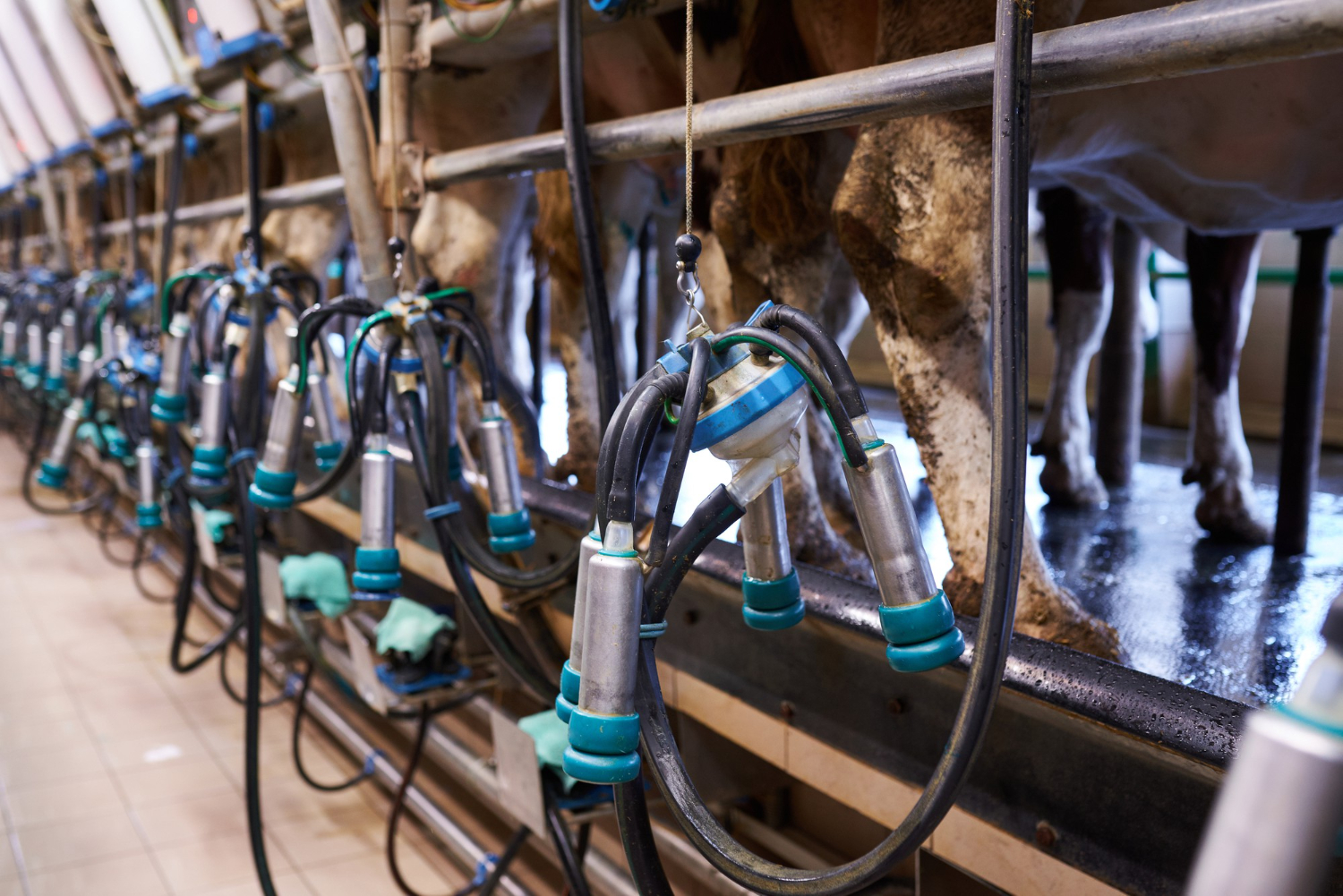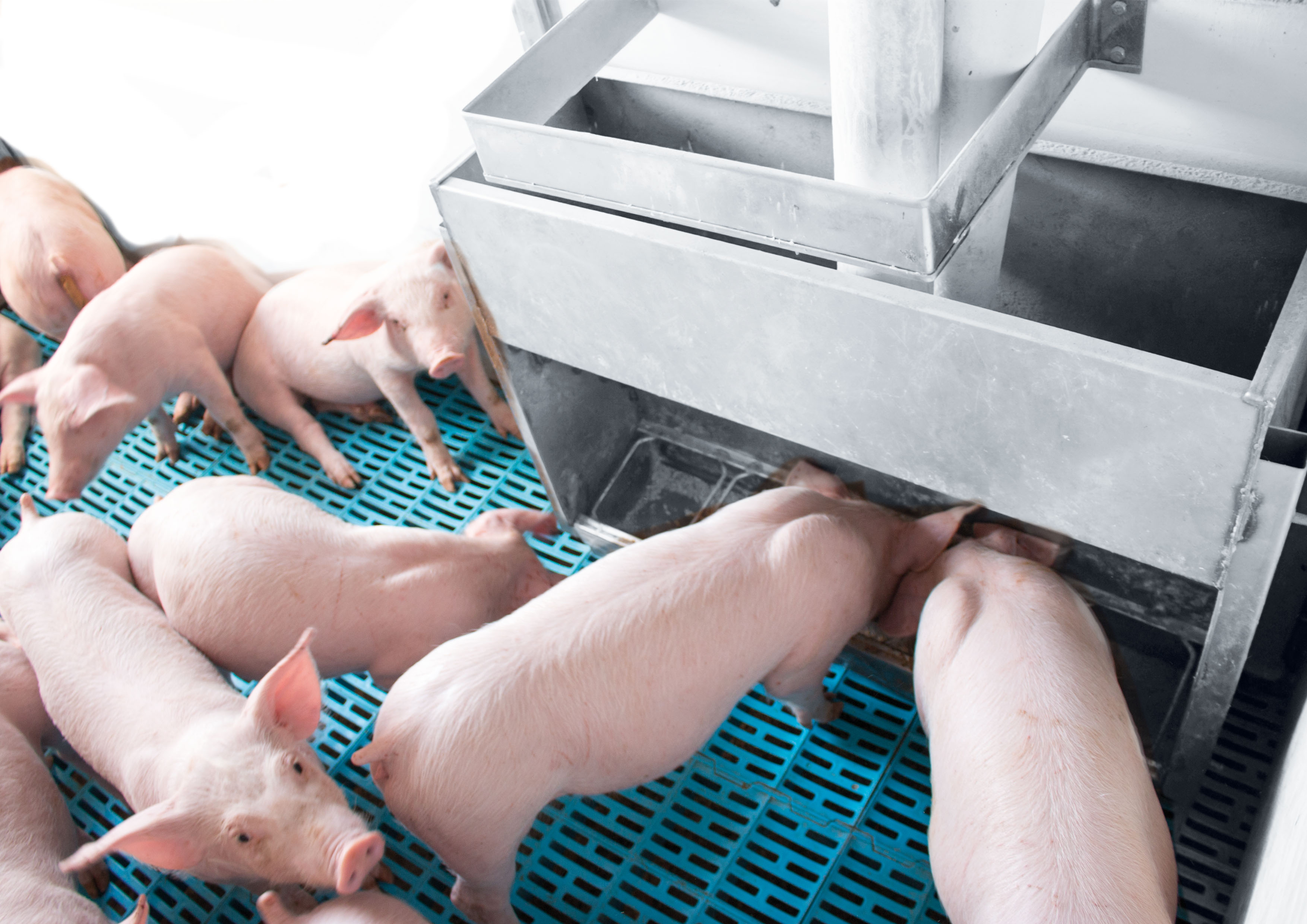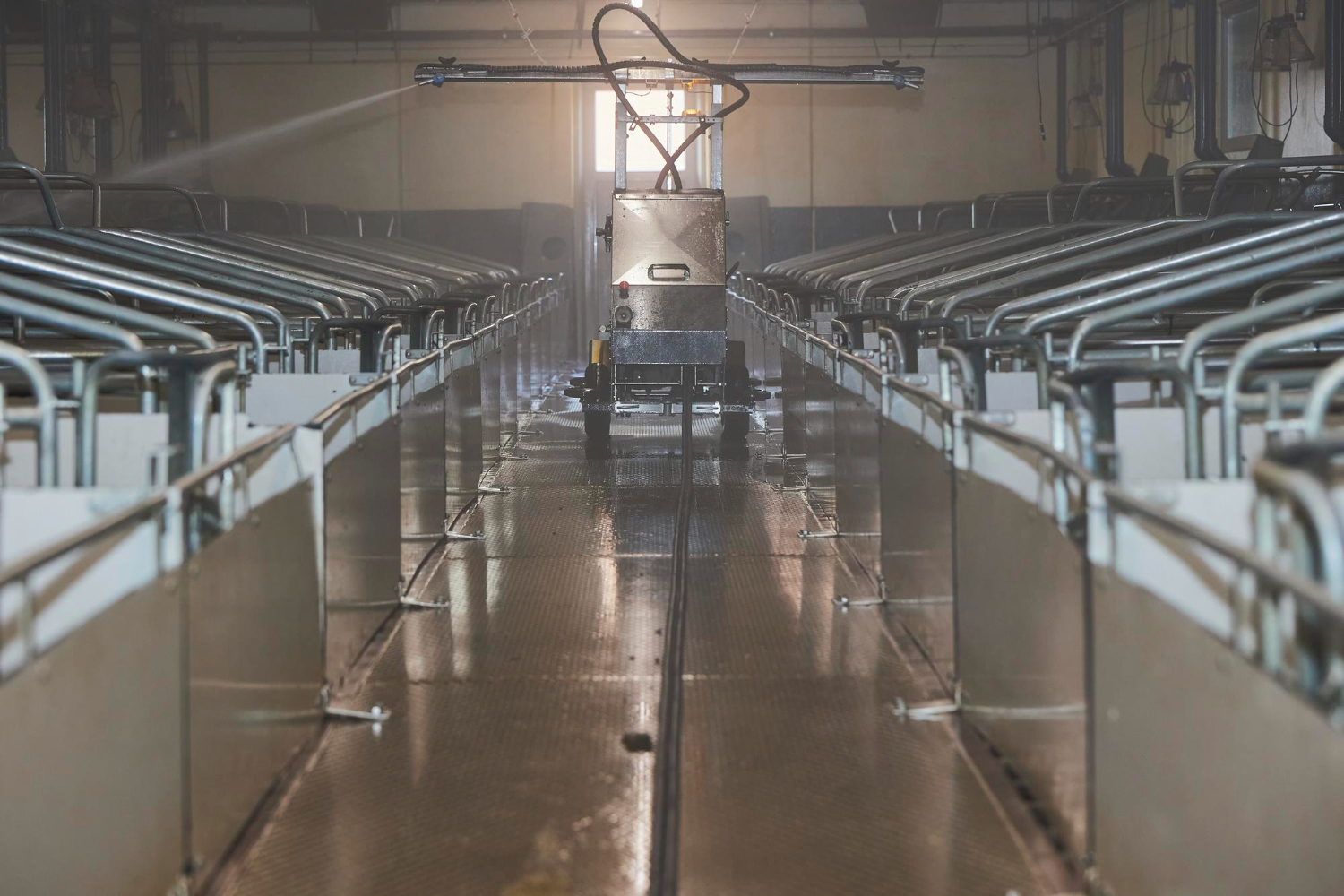Livestock farmer
Download Pdf
Livestock farming is a fundamental activity for food production worldwide. It involves the care, rearing and management of animals for meat, milk, eggs and other products. This work requires rigorous hygienic conditions and resistant structures to wear, moisture and corrosion, both in intensive and extensive farming. Therefore, the choice of materials used in livestock facilities is key to ensure efficiency, animal welfare, durability of equipment and excellence of the final product.
When we consider what kind of material we should use in our installations, we may have doubts about stainless steel such as, is it an expense or an investment? When we do the calculations, we come to the same conclusion as many farms: it is indeed a long-term investment.

The corrosion resistance of stainless steel allows it to be used in essential elements such as feeders, drinkers, walkways, milking systems and tanks. Unlike other materials that degrade over time, stainless steel remains intact without the need for special treatments or coatings.
It has an impact on the prevention of diseases. Installations made of stainless steel accumulate less bacteria and waste. This helps to maintain the health of livestock and to comply with increasingly strict health regulations. Cleaning is not optional when you are working in the food industry, it is part of the routine. Its smooth surface facilitates more efficient cleaning, which makes your daily work much easier.

Another quality of stainless steel is its structural stability. It does not swell, warp or react to chemicals commonly used in the cleaning of these settings. Its durability reduces the frequency of repairs or replacements, which in the medium term generates savings and ensures a safer environment for both livestock and staff.
Opting for stainless steel is a way to save time, safety and durability where everything has to work, every day.